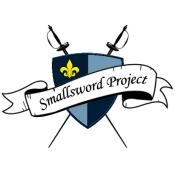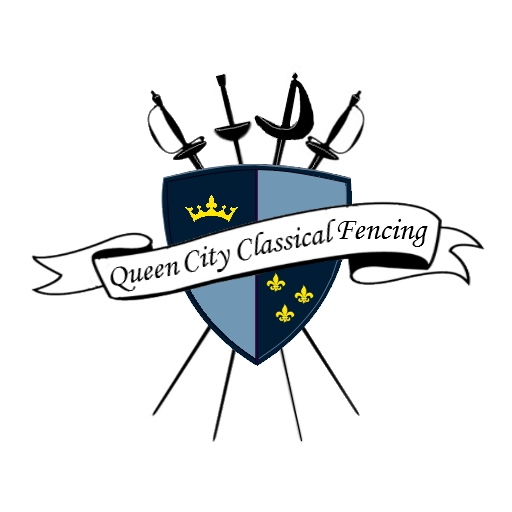Intellectual rights are often easily misunderstood by the general public, or all too frequently ignored in the digital age.
Generally, works created in the classical period, be they engravings or texts, are in public domain worldwide; copies of original artwork or transcriptions of original texts, in that they faithful reproductions of historic works, are in public domain pursuant to Bridgeman v. Corel (S.D.N.Y. 1999) and the EU Copyright Directive (2001). The Smallsword Project still endeavors to give credit to the smallsword and history aficionados who take on the important burden of scanning or transcribing original creations, and are expressly indicated in the bibliography on the Study page.
Individuals with the skill to interpret and translate texts into another language are creating new works. Contemporary translations are generally protected under international copyright unless the copyright is abandoned. If the copyright is maintained, translations are linked to their published locations on the web.
Although the Smallsword Project endeavors to provide correct attribution, mistakes can be made or not provided by other online sources. Correct attributions are often overlooked by inattentive webmasters and bloggers. Any updated or corrected attribution information for content presented on the Smallsword Project would be welcomed. Please contact me here.


